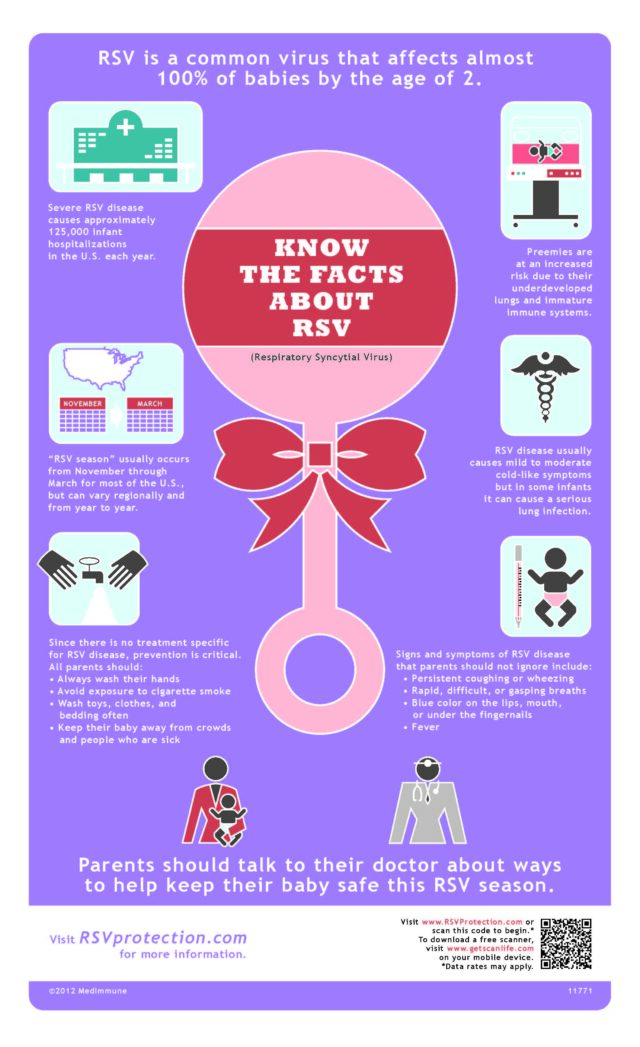Almost all children will contract the respiratory syncytial virus (RSV) at least once before they turn two. The disease can be mild, but a severe case can lead to pneumonia. It is also dangerous for older children and adults with weakened immune systems.
RSV can be transmitted from one person to another through direct contact or by coughing, sneezing, or kissing. It can live on surfaces for hours, which makes it easy for people to share the virus.
Symptoms of RSV include coughing, wheezing, and mild cold-like symptoms. If a person has these symptoms, they should see a healthcare provider. They may also be given antiviral medications.
RSV is especially dangerous for young infants, who can be infected through contact with an infected person. It can cause bronchiolitis, pneumonia, or lung inflammation.
Infants who are sick should be taken to the hospital. A hospital stay can help doctors check the child’s breathing. They may also give intravenous fluids.
RSV is also dangerous for people with chronic diseases, such as asthma or heart problems. People with these conditions may need to stay at home from school. They also should avoid crowds and large groups. They should also practice good hand hygiene.
If a person has a severe case of RSV, they may require hospital care. They may also be given intravenous immunoglobulin. These drugs are made by mixing healthy people’s antibodies.
RSV can be life-threatening for premature infants and infants who are born with lung or immune system problems. People with weakened immune systems should avoid contact with large crowds and should also practice good hand hygiene.







